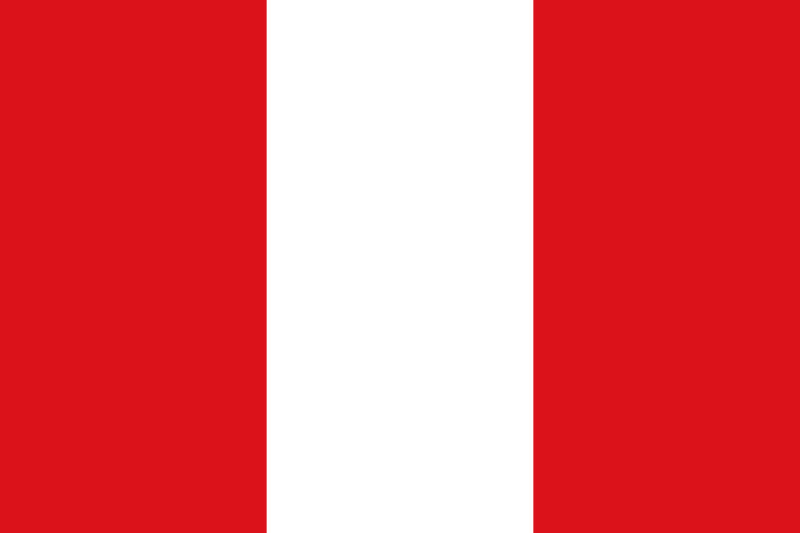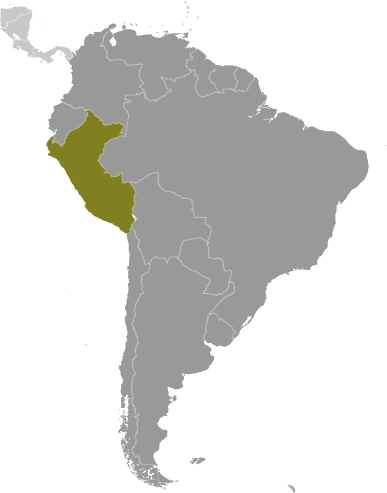HISTORICAL BACKGROUND
Article 2(5) of the Constitution states:
All persons have the right: […] To solicit information that one needs without disclosing the reason, and to receive that information from any public entity within the period specified by law, at a reasonable cost. Information that affects personal intimacy and that is expressly excluded by law or for reasons of national security is not subject to disclosure.(1)
Access to information is constitutionally protected under the right of habeas data. Several cases have allowed the courts to establish their jurisdiction over, and support for, habeas data.(2)
The Law of Transparency and Access to Public Information was adopted in August 2002 and went into effect in January 2003.(3) Under the law, every individual has the right to request information in any form from any government body or private entity that offers public services or executes administrative functions without having to explain why. Documentation funded by the public budget is considered public information. Public bodies must respond within seven working days which can be extended in extraordinary cases for another five days.
The Parliament substantially amended the law in January 2003 following criticism of the excessive exemptions, especially relating to national security, and a law suit filed by the Ombudsman in the Constitutional Tribunal challenging the constitutionality of the Act.
There are three tiers of exemptions: For national security information the disclosure of which would cause a threat to the territorial integrity and/or survival of the democratic systems and the intelligence or counterintelligence activities of the CNI; reserved information relating to crime and external relations; and confidential information relating to pre-decisional advice, commercial secrets, ongoing investigations and personal privacy. Information relating to violations of human rights or the Geneva Conventions of 1949 cannot be classified. The exempted information can be obtained by the courts, Congress, the General Comptroller, and the Human Rights Ombudsman in some cases.
Appeals can be made to a higher department. Once appeals are completed, the requestor can appeal administratively to the court under Law N° 27444 or under Law N° 26301 for the constitutional right of habeas data.(4) As of 2005, there had been 25 petitions before the Constitutional Court under habeas data.(5) In 2003, The Constitutional Court ordered the release under habeas data of all the expenses of the ex-president of Peru, Mr. Alberto Fujimori in his travels abroad.(6)
The Ombudsman can also investigate non-compliance and issue non-binding opinions.(7) The Ombudsman is also conducting training and promoting the Act. Prior to the Act, the office handled many cases informally on access to personal records.
The law also requires government departments to create web sites and publish information on their organization, activities, regulations, budget, salaries, costs of the acquisition of goods and services, and official activities of high-ranking officials. Detailed information on public finances is also required to be published every four months on the Ministry of Economic and Finance's web site.
There were nearly 40,000 requests in the first year.(8) However, a review by the Instituto de Prensa y Sociedad (IPYS) found that many of the requests were not requests for information but requests for certificates and licenses, proposals, invitations and congratulatory messages. A monitoring project by IPYS found that only 17 percent of requests were fully responded to, 32 percent of requests were not answered at all and 68 percent of the requests answered were not done within the timeframes.(9) The Access Initiative - Peru review of access to environmental information found numerous problems including a continued culture of secrecy, low awareness of the law, a lack of systemized information, and lack of reliable information.(10)
A new law on Intelligence services was approved by the Parliament in June 2005. It creates new categories of classified information and allows for greater withholding on information by intelligence services.(11) The Criminal Code prohibits the disclosure of state secrets.(12)
The government has committed to creating a special commission to develop a data protection act but it has not advanced.(13)
2004 freedominfo.org Global Survey Results - Peru
NOTES
Constitution of Peru, 1993. http://pdba.georgetown.edu/Constitutions/Peru/per93reforms05.html (Spanish)
See Javier Casas, A Legal Framework for Access to Information in Peru, in Article 19, Time for Change: Promoting and Protecting Access to Information and Reproductive and Sexual Health Rights in Peru, January 2006. See list available at http://www.cajpe.org.pe/RIJ/bases/juris-nac/aip.htm
Ley 27.808 de transparencia y acceso a la información pública. http://www.justiceinitiative.org/db/resource2/fs/?file_id=15210
Ley N° 26301, Aprueban Ley Referida a la Aplicacio de la Accion Constitucional de Habeas Data, 2 May 1994. http://www.asesor.com.pe/teleley/bull505.htm.
Casas. Id.
http://www.cajpe.org.pe/RIJ/bases/juris-nac/aip.htm
Homepage: http://www.ombudsman.gob.pe/
Casas. Id.
Instituto de Prensa y Sociedad, http://www.ipys.org/monitoreosolicitudes.pdf
The Access Initiative - Peru, Situation of the Access to the Information, to the Social Participation and to the Environmental Justice in Peru.
Consejo de la Prensa Peruana, Intelligence law contradicts transparency and access to public information law, 7 July 2005.
Article 330.
Ministerial Resolution No. 094-2002-JUS





















